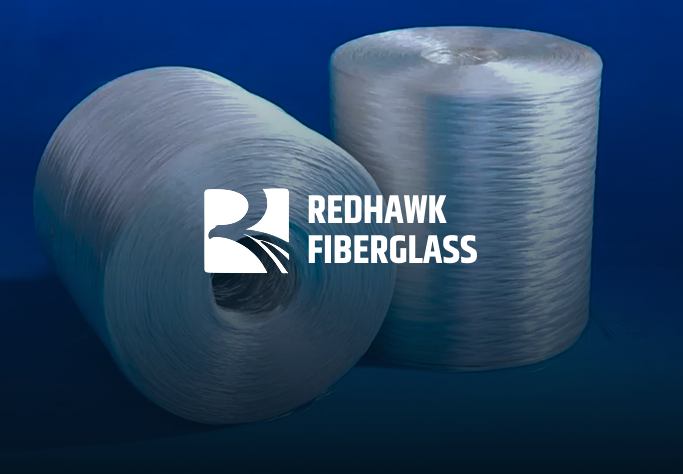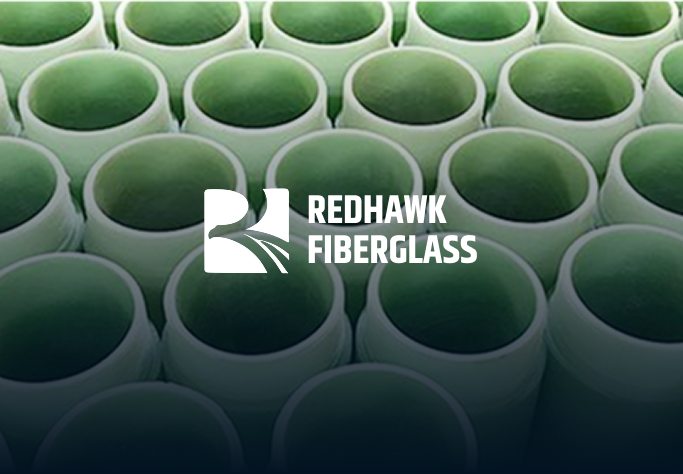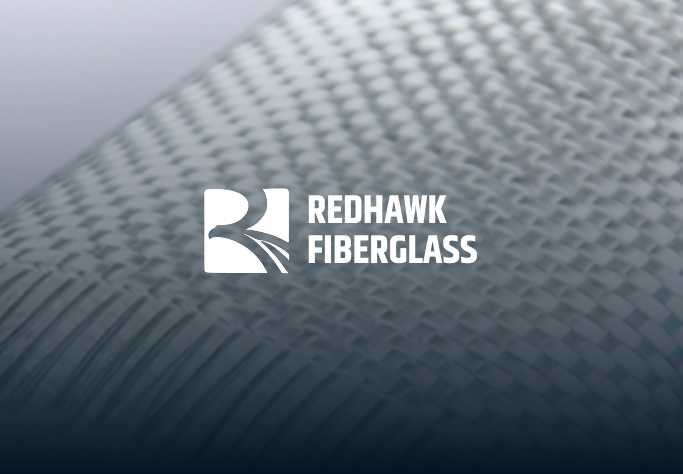How Fiberglass Reinforcement Shapes Modern Infrastructure




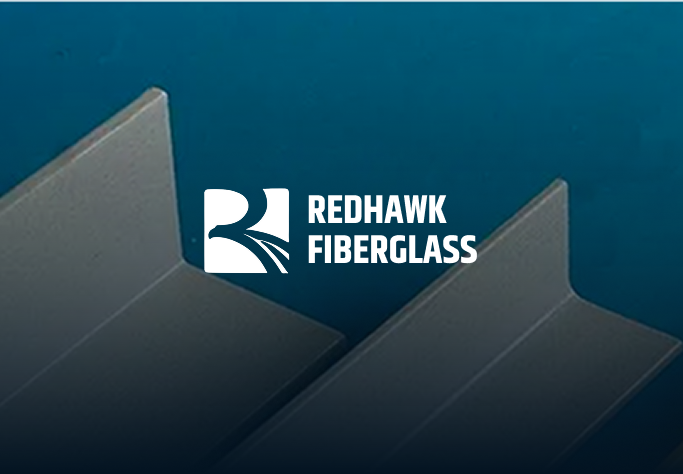
Modern infrastructure depends on materials that can perform under continuous stress, exposure, and load. For decades, concrete and steel defined structural performance, but corrosion, weight, and maintenance costs have driven engineers to seek alternatives. Fiberglass composites now stand as one of the most advanced reinforcement solutions for long-term construction reliability.
As a global fiberglass supplier, Redhawk Fiberglass delivers products engineered for structural integrity and environmental endurance. From bridge decks and transmission poles to wastewater treatment systems, fiberglass sheets, resins, and mesh are transforming how engineers build stronger and longer-lasting structures. The combination of strength, flexibility, and corrosion resistance allows infrastructure projects to last longer and perform better in diverse conditions.

Fiberglass was once seen as a lightweight substitute for metals, but advancements in manufacturing and material science have elevated it into a high-performance composite system. Modern fiberglass reinforcement integrates specific fiber orientations, resin chemistries, and manufacturing techniques to meet the diverse needs of today’s infrastructure.
The performance of fiberglass depends on several critical design variables:
This synergy of fiber structure, resin chemistry, and controlled processing enables fiberglass material suppliers like Redhawk to create products that meet modern infrastructure standards for safety, strength, and lifespan.
Fiberglass is now an integral material across infrastructure sectors where traditional metals are prone to corrosion or where weight reduction and insulation are critical.
Applications include:
Each application underscores the versatility of fiberglass and its importance in strengthening the core of modern infrastructure.
Infrastructure failures often stem from corrosion, especially in environments where metal and concrete are exposed to moisture and chemicals. Fiberglass overcomes this problem through its composite structure and chemical stability.
Key design elements include:
By resisting both environmental and chemical degradation, fiberglass ensures lower life-cycle costs and more predictable maintenance schedules across infrastructure projects.
Engineers increasingly rely on fiberglass for its strength-to-weight ratio and versatility in shaping and assembly.
Advantages include:
By combining light weight with robust performance, fiberglass enables infrastructure that is both easy to construct and highly durable.
Infrastructure faces environmental exposure daily—from UV radiation to corrosive chemicals. Fiberglass provides built-in protection through its non-reactive resin systems and structural composition.
Performance benefits include:
This combination of protection and durability is why fiberglass continues to replace metal and concrete in long-term structural applications.
Consistency in production determines how fiberglass performs over time. Redhawk Fiberglass ensures product reliability through advanced processing systems and rigorous quality control.
Manufacturing methods include:
This level of production discipline ensures that each fiberglass supply meets the same level of performance—whether used in a bridge, storage tank, or industrial structure.
Since 1996, Redhawk Fiberglass has been a trusted manufacturer and distributor of fiberglass composites designed for demanding applications. Its portfolio includes fiberglass resin systems, fiberglass sheets, SMC fiberglass, fiberglass mesh, and custom pultruded components.
Each product is engineered with the same goal: to deliver strength, reliability, and longevity across diverse infrastructure environments. From high-temperature industrial operations to coastal installations, Redhawk’s materials are built to perform under pressure and resist the elements that cause traditional materials to fail.
By supporting industries such as construction, water management, and power generation, Redhawk Fiberglass continues to reinforce the foundations of modern infrastructure with materials that last.
Infrastructure is only as strong as the materials that support it. Fiberglass has become a cornerstone of modern construction, combining strength, corrosion resistance, and versatility in one material system.
As a leading fiberglass supplier, Redhawk Fiberglass continues to refine composite technology to meet global infrastructure challenges. Its expertise in fiberglass resin systems, fiberglass sheets, and reinforced mesh products ensures that every project, whether on land, sea, or industrial site, stands the test of time.
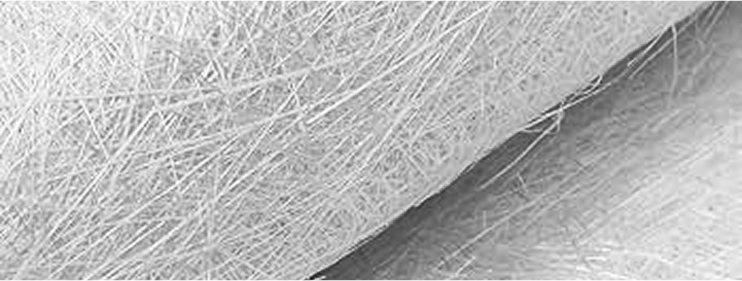
Leading fiberglass manufacturer Redhawk Fiberglass offers a 6-Point Mat (Chopped Strand Fiberglass), which features excellent flowability and high-temperature stability for diverse fiberglass composites

Premier fiberglass manufacturer Redhawk Fiberglass offers Glass Fiber Reinforced Gypsum (GRG) board, a lightweight, high-strength solution for diverse architectural and construction applications.
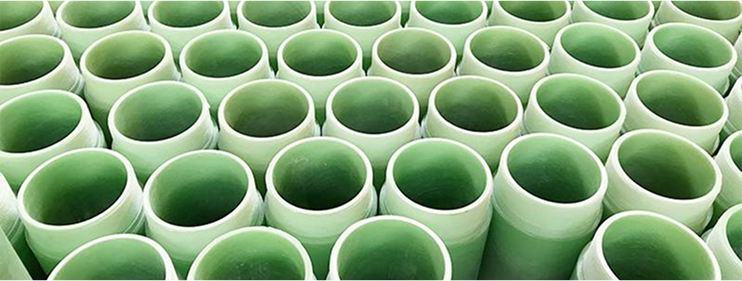
Premier fiberglass manufacturer Redhawk Fiberglass offers Filament Winding, creating precise, high-strength fiberglass composites with excellent thermal and chemical stability for demanding applications.
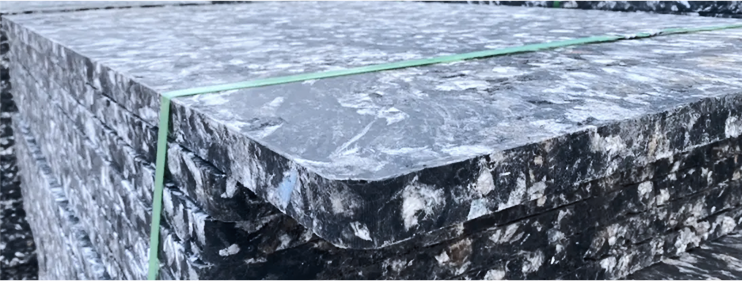
Premier fiberglass manufacturer Redhawk Fiberglass offers Engineering Thermoplastics (GFRT), a lightweight, high-performance fiberglass composite that boosts strength, heat resistance, and dimensional stability for diverse industrial uses.
